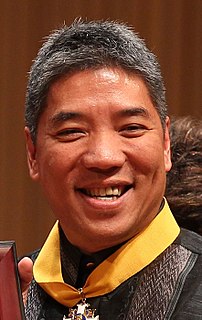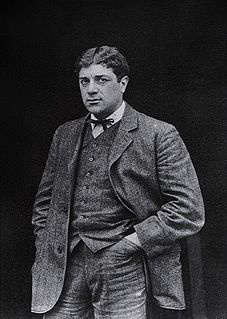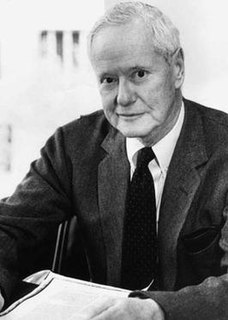A Quote by Ambeth R. Ocampo
A historian can never claim to have the last word on anything as he is limited by his sources and further so by his viewpoint.
Related Quotes
So, then, the best of the historian is subject to the poet; for whatsoever action or faction, whatsoever counsel, policy, or war-stratagem the historian is bound to recite, that may the poet, if he list, with his imitation make his own, beautifying it both for further teaching and more delighting, as it pleaseth him; having all, from Dante’s Heaven to his Hell, under the authority of his pen.
One who knows not what his rights are can never know when they are taken and is unable to defend them. He is like a man who believes he owns a piece of ground which his neighbor also claims, but he doesn't know its boundaries. The neighbor continues to encroach further and further onto land he suspects is his, but since he is never certain where the boundary is, he cannot check the advance. Until he takes a firm position and says: "this far and no further," there is no line.
When a man’s heart is cold and unconcerned about religion – when his hands are never employed in doing God’s work – when his feet are not familiar with God’s ways – when his tongue is seldom or never used in prayer and praise – when his eyes are blind to the beauty of the kingdom of heaven – when his mind is full of the world, and has no room for spiritual things – when these marks are to be found in a man the word of the Bible is the right word to use about him, and that word is, ‘Dead.’
A distinguished man should be as particular about his last words as he is about his last breath. He should write them out on a slip of paper and take the judgment of his friends on them. He should never leave such a thing to the last hour of his life, and trust to an intellectual spurt at the last moment to enable him to say something smart with his latest gasp and launch into eternity with grandeur.
Only when he has published his ideas and findings has the scientist made his contribution, and only when he has thus made it part of the public domain of scholarship can he truly lay claim to it as his own. For his claim resides only in the recognition accorded by peers in the social system of science through reference to his work.
Once upon a time, a historian told me that the most important choice a new historian could make was of his or her specialist subject. Most of the good stuff was far too overcrowded, so you had to pick about in the exotic and extinct. His recommendations were the Picts or the Minoans, because hardly anything was known about them and you could spend a happy lifetime of speculation.








































